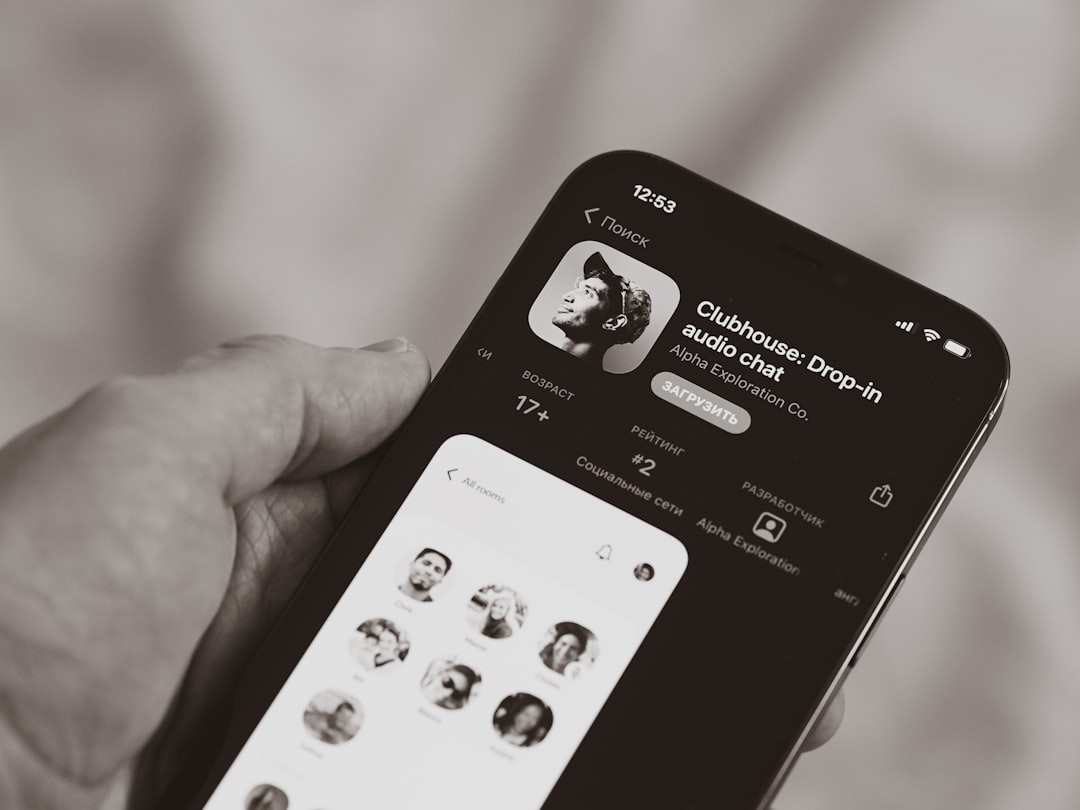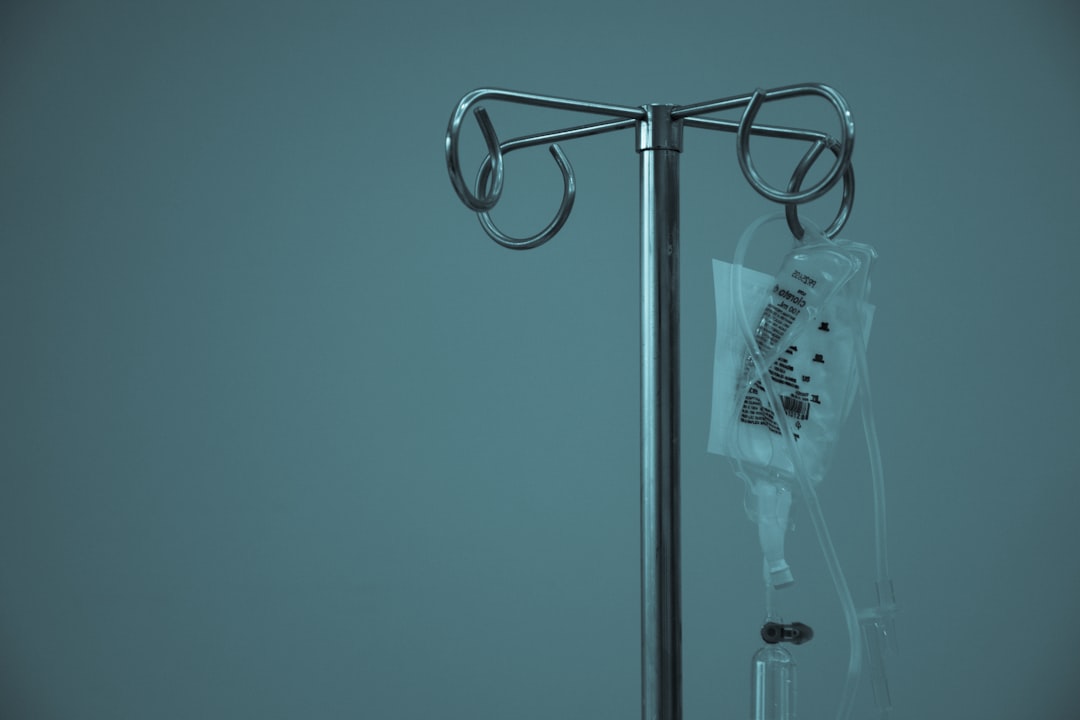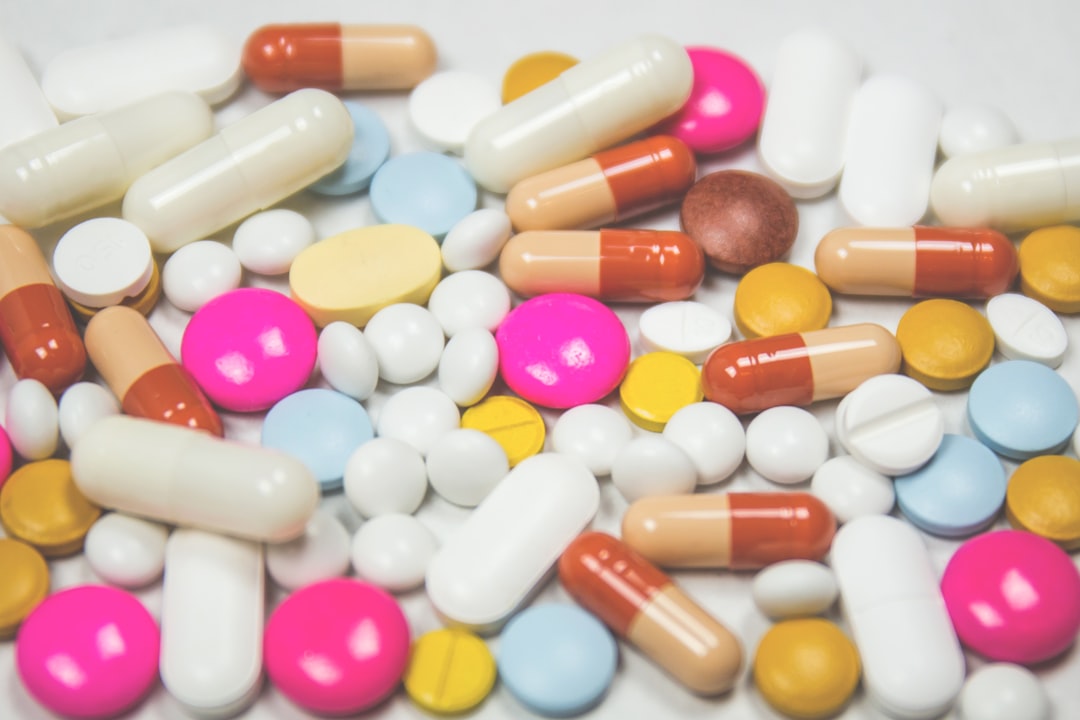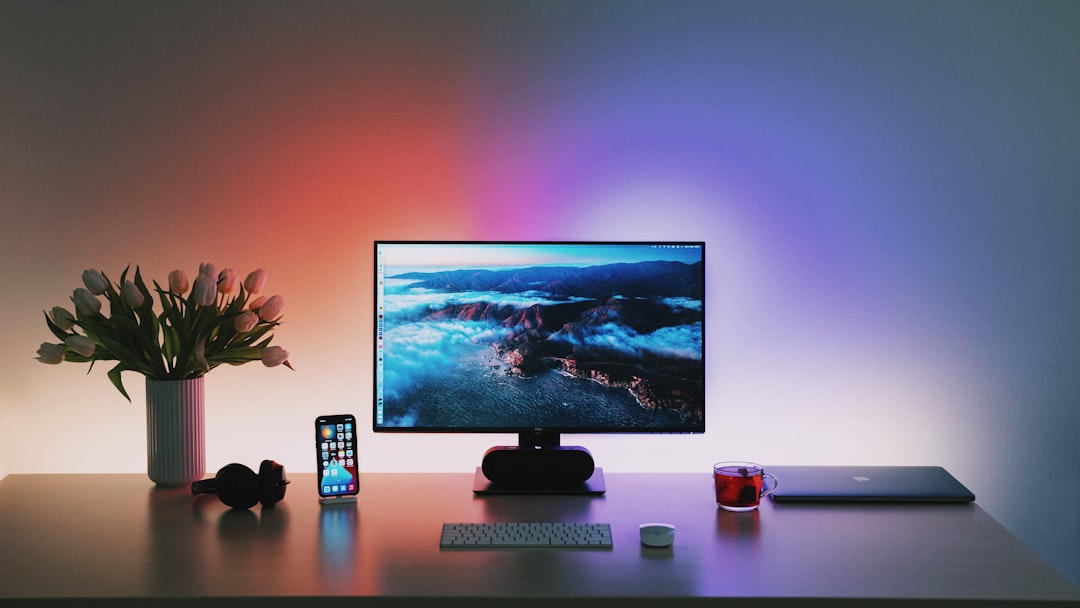Top 10 Benefits of Mobile Apps in the Healthcare Industry
Introduction
The healthcare industry is constantly evolving, and technology has played a significant role in its transformation. One of the most impactful advancements in recent years has been the rise of mobile apps. Mobile apps have revolutionized the way healthcare professionals and patients interact, making healthcare more accessible, efficient, and personalized. In this blog post, we will explore the top 10 benefits of mobile apps in the healthcare industry.
1. Enhanced Patient Engagement
Mobile apps empower patients to take control of their health by providing access to personalized medical information, appointment reminders, and medication tracking. Patients can easily communicate with healthcare providers, access test results, and even monitor their vitals using connected devices. This level of engagement leads to better patient outcomes and improved overall healthcare experiences.

2. Improved Access to Healthcare
Mobile apps eliminate geographical barriers, allowing patients to access healthcare services remotely. Telemedicine apps enable virtual consultations, making it easier for patients to receive medical advice and treatment without the need for in-person visits. This is particularly beneficial for individuals in rural areas or those with limited mobility.

3. Efficient Appointment Management
Gone are the days of waiting on hold to schedule appointments. Mobile apps enable patients to book, reschedule, or cancel appointments with just a few taps on their smartphones. This streamlines the appointment process, reduces administrative burden, and ensures that patients receive timely care.

4. Access to Personal Health Records
Mobile apps allow patients to securely store and access their personal health records. This eliminates the need for physical copies and reduces the risk of lost or misplaced documents. Patients can easily share their medical history with healthcare providers, leading to more accurate diagnoses and personalized treatment plans.

5. Medication Reminders and Adherence
Mobile apps play a crucial role in medication management. Patients can set reminders to take their medications, ensuring adherence to prescribed treatment plans. Additionally, apps can provide educational resources about medications, potential side effects, and drug interactions, empowering patients to make informed decisions about their health.

6. Efficient Communication Between Healthcare Providers
Mobile apps facilitate seamless communication and collaboration among healthcare professionals. Doctors can securely share patient information, lab results, and imaging reports, enabling faster diagnosis and treatment. This real-time exchange of information improves care coordination and reduces the risk of errors.

7. Remote Monitoring and Chronic Disease Management
Mobile apps equipped with remote monitoring capabilities allow healthcare providers to track patients' health conditions outside of traditional clinical settings. This is particularly beneficial for individuals with chronic diseases who require regular monitoring. Patients can transmit vital signs and other health data to their healthcare providers, enabling timely interventions and proactive management.

8. Health and Wellness Tracking
Mobile apps offer a wide range of features to help individuals track and improve their overall health and wellness. From step counters and calorie trackers to sleep monitors and stress management tools, these apps empower users to make positive lifestyle changes. By promoting healthy habits, mobile apps contribute to disease prevention and overall well-being.

Conclusion
Mobile apps have transformed the healthcare industry by enhancing patient engagement, improving access to healthcare, and streamlining various processes. From appointment management to remote monitoring, these apps have revolutionized the way healthcare is delivered and experienced. As technology continues to advance, mobile apps will undoubtedly play an even more significant role in shaping the future of healthcare.
